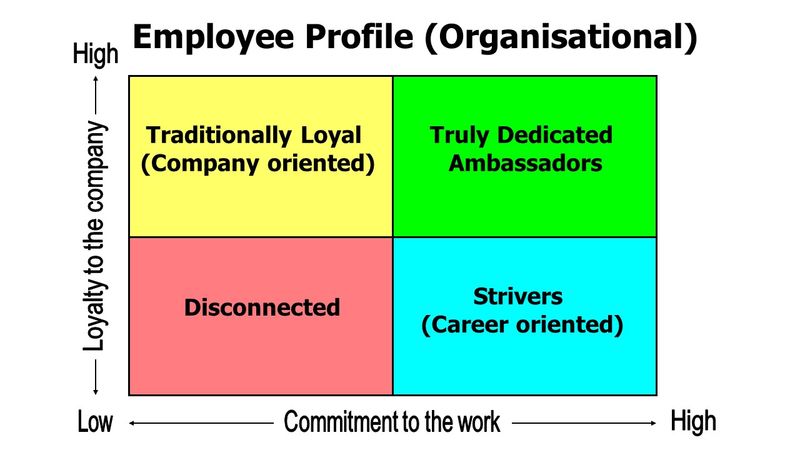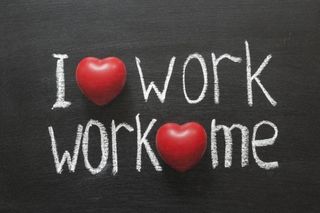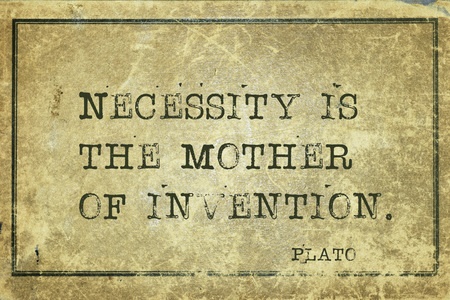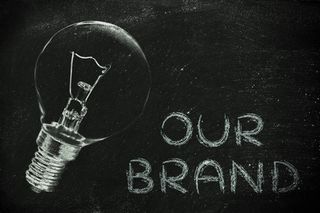Transform Your Business Through More Effective Personal Reviews
There is an increasing tendency to do away with annual performance reviews. That is as it should be, for performance assessment should be an ongoing activity. It is also one that is most honestly done by the employee when the pressures of measurement and its consequences are removed. Career development, however, is not something the person can address unilaterally: it calls for a conversation. Managers still need to sit down with employees and ascertain to what extent they are growing and developing as people, how their work is contributing to that, and what needs to be done to provide and sustain that self-development.










